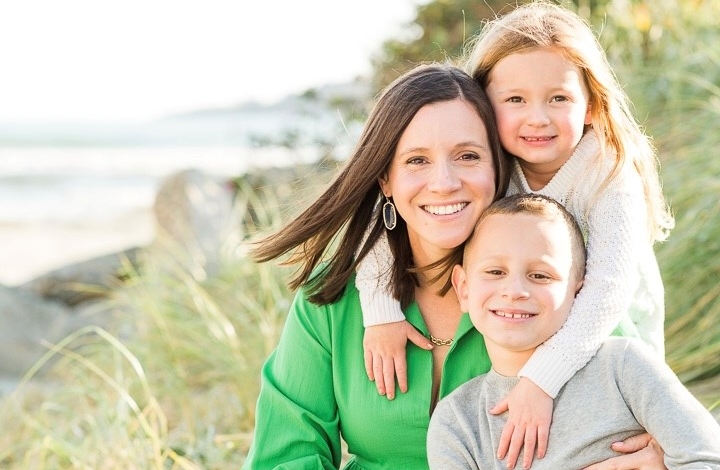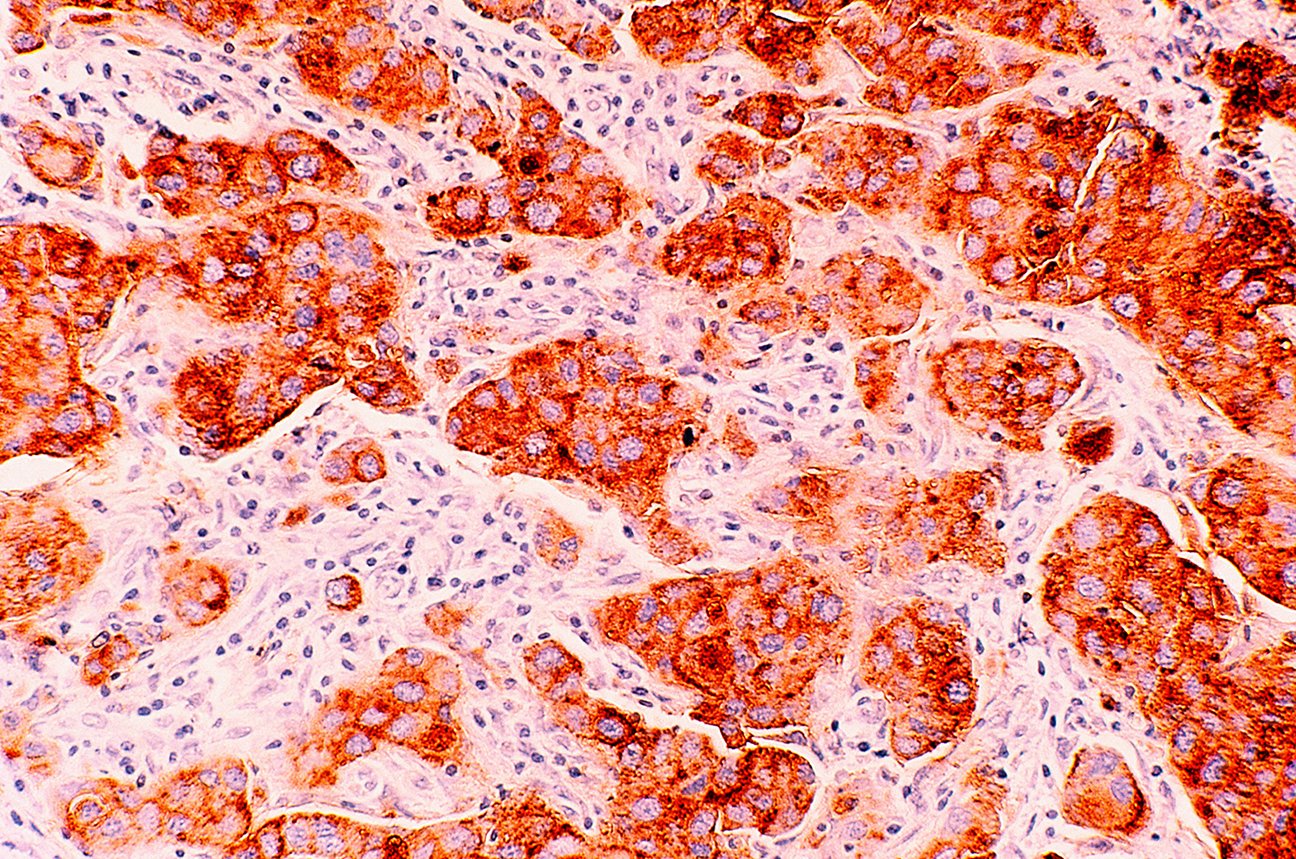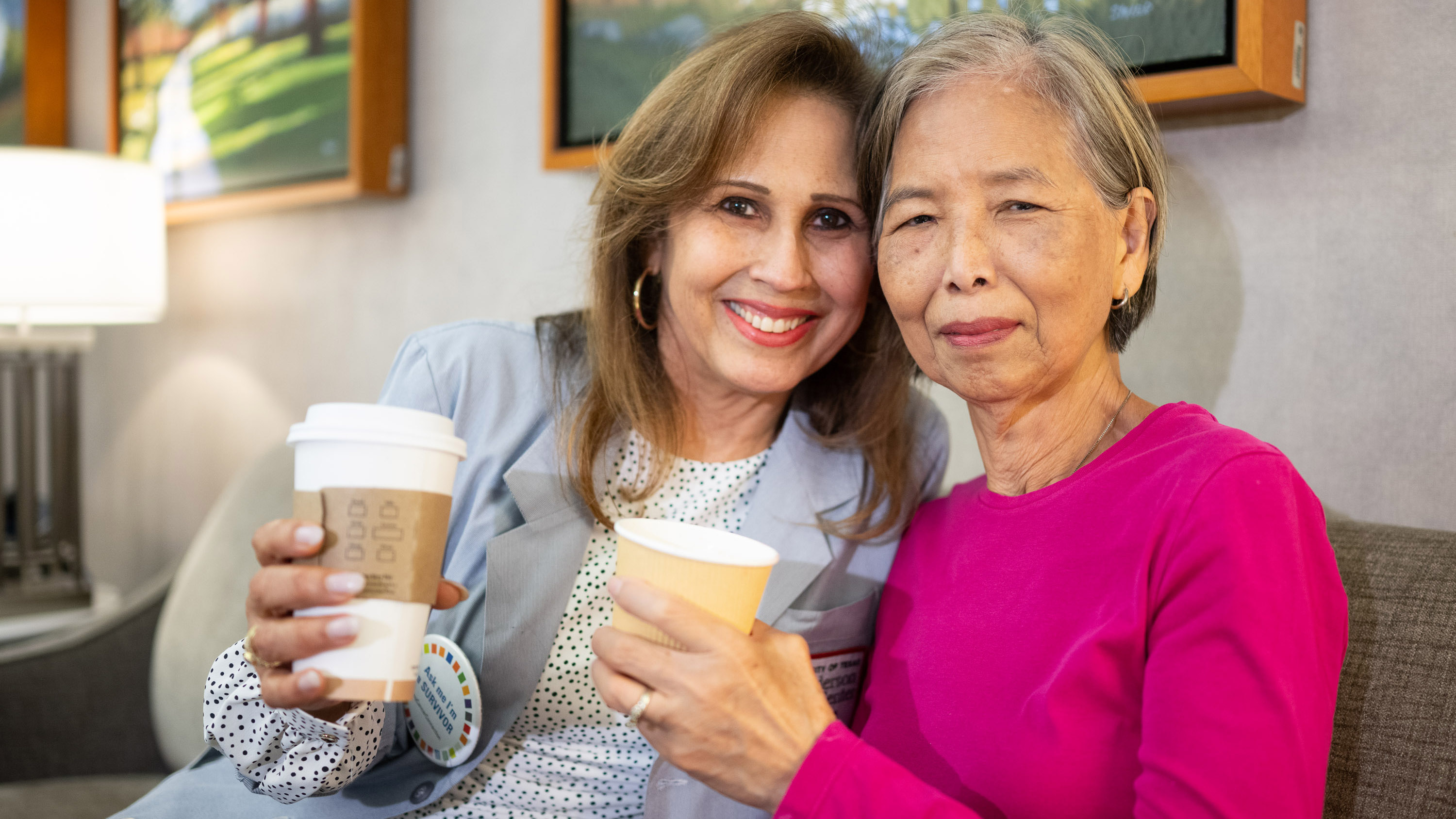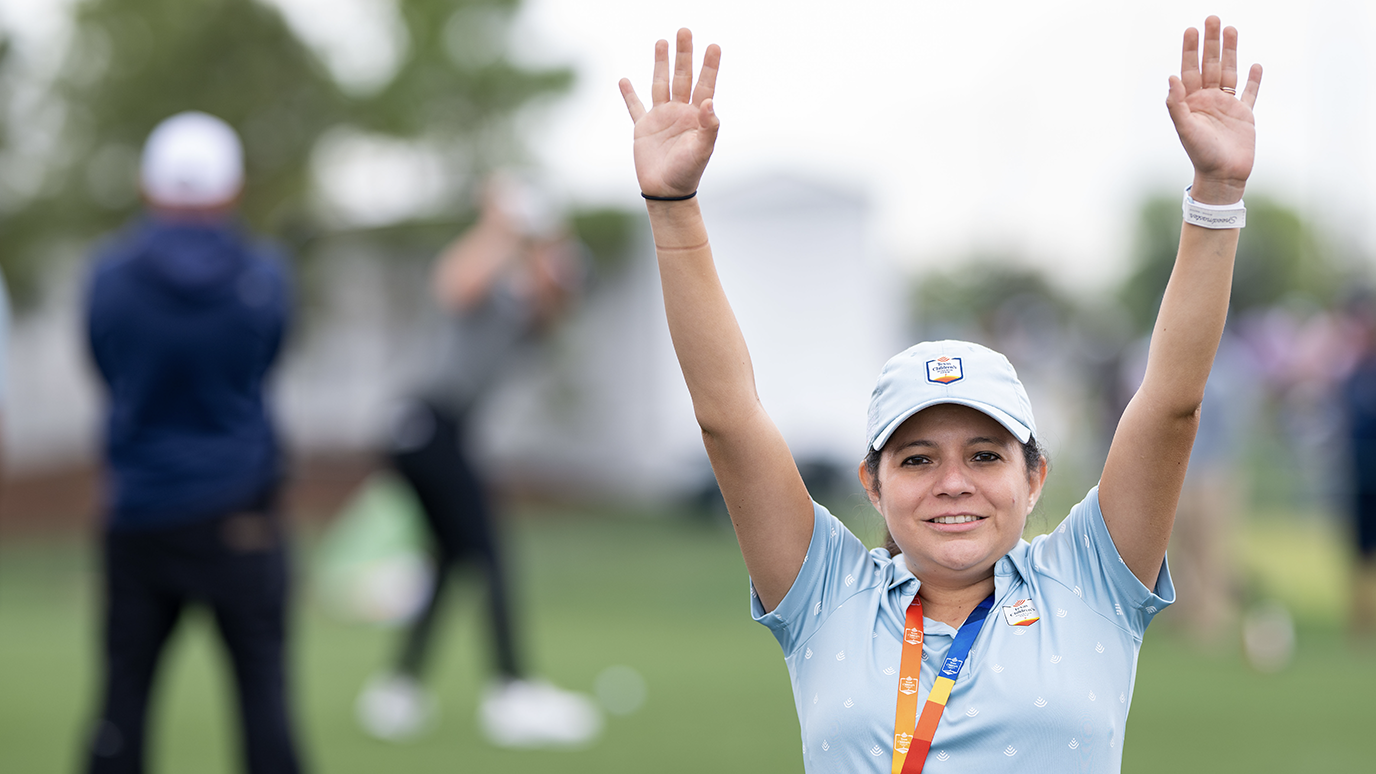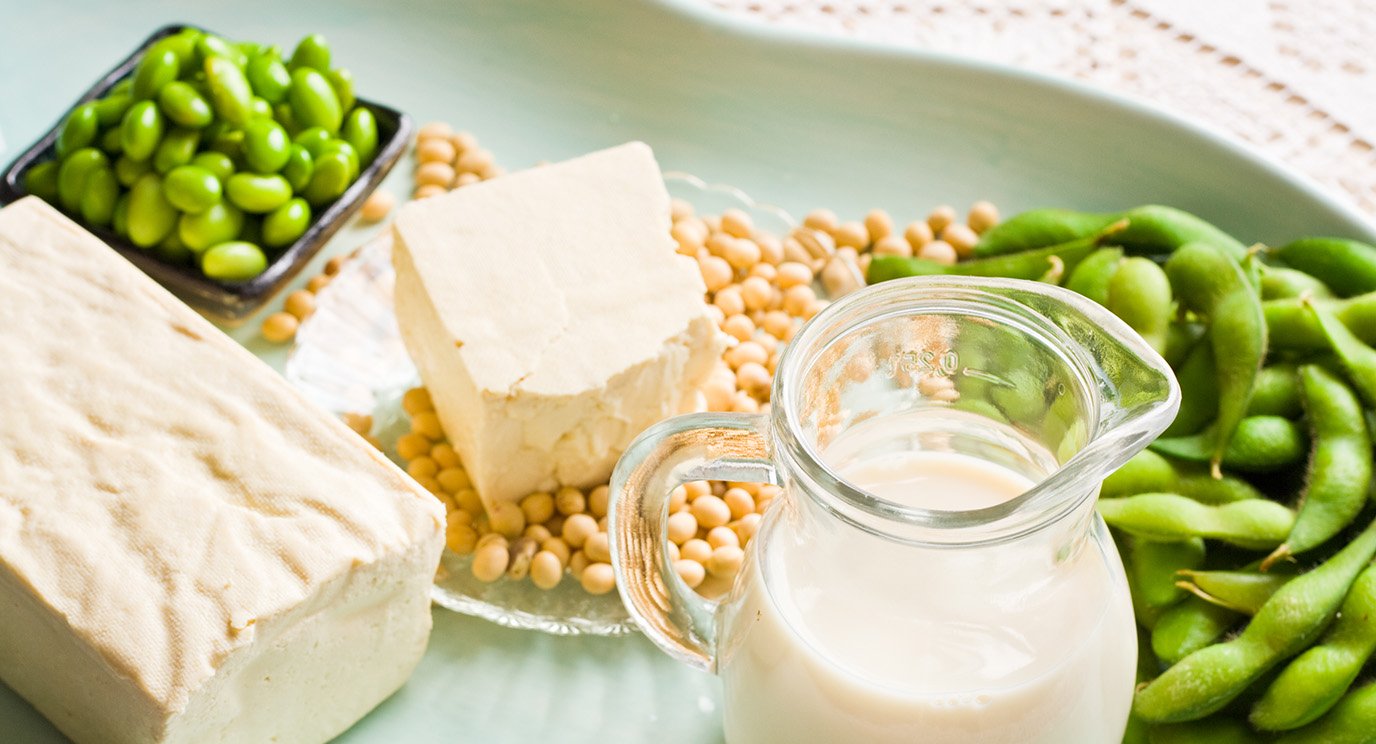- Diseases
- Acoustic Neuroma (14)
- Adrenal Gland Tumor (24)
- Anal Cancer (68)
- Anemia (2)
- Appendix Cancer (16)
- Bile Duct Cancer (26)
- Bladder Cancer (72)
- Brain Metastases (28)
- Brain Tumor (232)
- Breast Cancer (714)
- Breast Implant-Associated Anaplastic Large Cell Lymphoma (2)
- Cancer of Unknown Primary (4)
- Carcinoid Tumor (8)
- Cervical Cancer (160)
- Colon Cancer (166)
- Colorectal Cancer (118)
- Endocrine Tumor (4)
- Esophageal Cancer (44)
- Eye Cancer (36)
- Fallopian Tube Cancer (8)
- Germ Cell Tumor (4)
- Gestational Trophoblastic Disease (2)
- Head and Neck Cancer (14)
- Kidney Cancer (128)
- Leukemia (342)
- Liver Cancer (50)
- Lung Cancer (286)
- Lymphoma (278)
- Mesothelioma (14)
- Metastasis (30)
- Multiple Myeloma (100)
- Myelodysplastic Syndrome (60)
- Myeloproliferative Neoplasm (6)
- Neuroendocrine Tumors (16)
- Oral Cancer (100)
- Ovarian Cancer (172)
- Pancreatic Cancer (160)
- Parathyroid Disease (2)
- Penile Cancer (14)
- Pituitary Tumor (6)
- Prostate Cancer (146)
- Rectal Cancer (58)
- Renal Medullary Carcinoma (6)
- Salivary Gland Cancer (14)
- Sarcoma (238)
- Skin Cancer (296)
- Skull Base Tumors (56)
- Spinal Tumor (12)
- Stomach Cancer (64)
- Testicular Cancer (28)
- Throat Cancer (92)
- Thymoma (6)
- Thyroid Cancer (98)
- Tonsil Cancer (30)
- Uterine Cancer (82)
- Vaginal Cancer (18)
- Vulvar Cancer (20)
- Cancer Topic
- Adolescent and Young Adult Cancer Issues (20)
- Advance Care Planning (10)
- Biostatistics (2)
- Blood Donation (18)
- Bone Health (8)
- COVID-19 (362)
- Cancer Recurrence (120)
- Childhood Cancer Issues (120)
- Clinical Trials (632)
- Complementary Integrative Medicine (22)
- Cytogenetics (2)
- DNA Methylation (4)
- Diagnosis (232)
- Epigenetics (6)
- Fertility (62)
- Follow-up Guidelines (2)
- Health Disparities (14)
- Hereditary Cancer Syndromes (126)
- Immunology (18)
- Li-Fraumeni Syndrome (8)
- Mental Health (116)
- Molecular Diagnostics (8)
- Pain Management (62)
- Palliative Care (8)
- Pathology (10)
- Physical Therapy (18)
- Pregnancy (18)
- Prevention (920)
- Research (392)
- Second Opinion (74)
- Sexuality (16)
- Side Effects (606)
- Sleep Disorders (10)
- Stem Cell Transplantation Cellular Therapy (216)
- Support (402)
- Survivorship (322)
- Symptoms (182)
- Treatment (1786)
Preventive double mastectomy: A breast cancer survivor's take
3 minute read | Published May 17, 2013
Medically Reviewed | Last reviewed by an MD Anderson Cancer Center medical professional on May 17, 2013
The recent revelation that Angelina Jolie had a double mastectomy and reconstruction to minimize her chances of developing breast cancer is causing quite a buzz. It seems that the public is supportive of this measure.
As for me, I don't know what I would do in her shoes.
I don't have the BRCA gene for breast cancer. Yet I got diagnosed with breast cancer at age 37.
Ninety percent of women who receive a breast cancer diagnosis do not have the BRCA gene.
For me, because I had a huge tumor, it wasn't a question of whether I would have mastectomies or not. It was a foregone conclusion.
Some women who receive a breast cancer diagnosis are candidates for a lumpectomy, and that can have the same positive outcomes in many cases as having a mastectomy does.
"It's easy to judge"
Jolie's doctors predicted she had an 87% chance of developing breast cancer. Those are some scary odds.
It's easy to sit back and judge when those odds don't apply to you. "I would do the same exact thing if I were her." Or, "How could she have her breasts amputated for something that might not even happen?"
Since she watched her mother die of breast cancer, she has seen how awful breast cancer treatment is.
More afraid of treatment than recurrence
I often say I'm not afraid of a recurrence of cancer, I'm afraid of cancer treatment. It literally almost kills you.
Many days during treatment, I wished I was dead instead of barely alive and feeling so utterly dreadful.
If I had watched my mom go through that, and I had young children, and there were something I could do to increase my odds of avoiding that awful train wreck, I might make the same choice.
Take responsibility for your own health
I think it's up to us as women, daughters, wives, mothers and grandmothers to educate ourselves about what's best for us. That's true not only when it comes to gauging cancer risks, but in all things related to our bodies.
And we shouldn't just look at what celebrities do or don't do. We shouldn't just take one doctor's word as gospel truth when it comes to our health.
We must be our own best caregivers, take responsibility for our health choices and use all of the resources available to us.
A source of inspiration
Whether you like Ms. Jolie or not, she's a force for things about which she's passionate.
Brandie Sellers teaches yoga, meditation, nutrition and cooking. She paints, writes, runs and plays with her children. She is a divorcee and two-time breast cancer survivor who's undergone a double mastectomy.
Brandie is crazy about her three children, and is blessed with a slew of sister friends who pick her up when she's down, keep her honest with herself when she's full of it, and make her laugh until she cries. Follow her at simplelifeyoga.com.
Related Cancerwise Stories

We must be our own best caregivers, take responsibility for our health choices and use all of the resources available to us.
Brandie Sellers
Survivor

